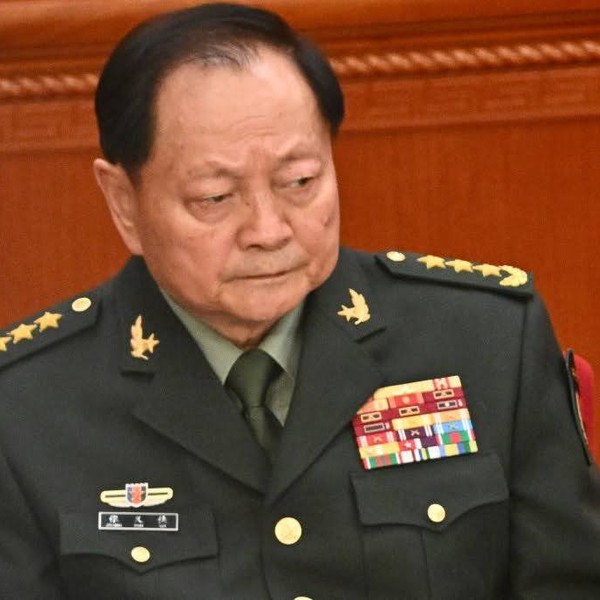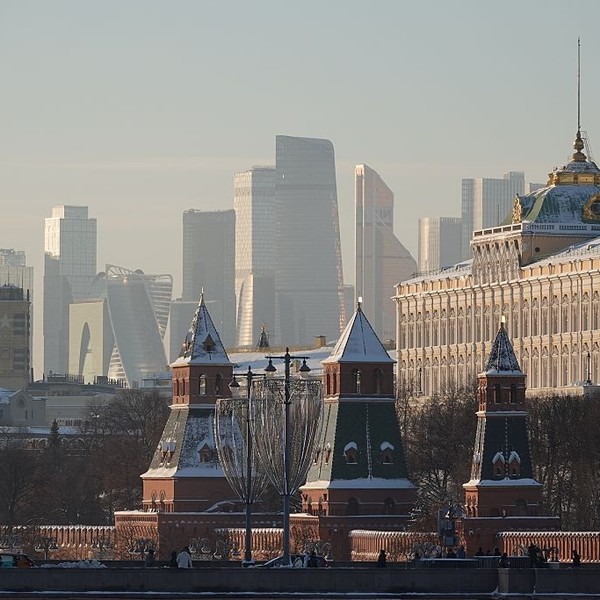BLUF - The Western challenge is to ensure that Putin is defeated in Ukraine, but without allowing the conflict to spread beyond Ukraine’s borders-to Taiwan, Korea, Iran, the Baltic states or Russia itself.
OPINION — ‘How did the assassination of Archduke Franz Ferdinand lead to the First World War?’ Even with the benefit of hindsight, it is hard to identify the various links in the chain of causality. How did the Moroccan crises of 1905 and 1911, the Italian invasion of Libya in 1911, the Austro-Hungarian annexation of Bosnia-Herzegovina in 1908, and the complexity of asymmetric military mobilisation schedules, lead to a Western Front stretching from Belgium to Switzerland for over four years, causing the deaths of 3.5 million soldiers?
By contrast, it is remarkably easy to see how President Vladimir Putin’s invasion of Ukraine could lead to a wider international conflict.
China might decide that the Western provision of Leopard tanks to Ukraine and talk of sending fighter jets have tipped the argument in favour of arming Putin. Clearly, the possibility is sufficiently real for the US Secretary of State Anthony Blinken to warn China’s Foreign Minister Wang Yi of ‘serious consequences’ at the recent Munich Security Conference. Wang Yi was on his way to Moscow to meet Putin.
China could decide to take advantage of the West’s focus on Ukraine to invade Taiwan. At present the balance of probability is that Beijing will wait to see the outcome of Taiwan’s 2024 election by which time more of its amphibious landing ships may have been completed. But, at any time, those calculations might change. The rapid decline in US-China relations caused by an alleged surveillance balloon entering US airspace is the sort of extraneous issue which could, however irrationally, tip the scales as could the possible visit to Taiwan of Kevin McCarthy, the new Speaker of the US House of Representatives.
It's not just for the President anymore. Are you getting your daily national security briefing? Subscriber+Members have exclusive access to the Open Source Collection Daily Brief that keeps you up to date on global events impacting national security. It pays to be a Subscriber+Member.
North Korea has launched a number of ballistic missiles in recent months, but these provocations are not getting the customary Western attention. However, a South Korean political leader has hinted at the need for the South to acquire its own nuclear weapons and Kim Jong-un’s sister, Kim Yo-jong, blamed the US presence in the region for recent tension and referred mysteriously to ‘using the Pacific as our firing range’. North Korea has a long history of mounting imaginative provocations against its southern neighbour and might well be amenable to doing so at Moscow’s behest.
Israel’s new right-wing government could see advantage in attacking Iran at a time when the Islamic Republic has been under pressure from internal unrest and when the Iran nuclear deal looks moribund. Benjamin Netanyahu might calculate that an attack against Iran could be more acceptable to the West because of Iran’s provision of large quantities of drones to Russia for use in Ukraine. There was an unexplained drone strike on a factory at Isfahan on 28th January which Iran blamed on Israel. Any Iranian response (either direct or using proxies such as Lebanese Hezbollah) could lead to a spiral of escalation.
Meanwhile Russian Foreign Minister Sergei Lavrov continues to travel widely and successfully preach his narrative of Western aggression. Recently, he has been in Africa where Russian influence has been at its highest since the days when the Soviet Union supported liberation movements in the 1970s and 1980s. The high costs of fertiliser due to the Ukraine war have hit Africa hard. There are real dangers in the West ceding influence across the continent to Russia and China.
Cipher Brief Subscriber+Members enjoy unlimited access to Cipher Brief content, including analysis with experts, private virtual briefings with experts, the M-F Open Source Report and the weekly Dead Drop - an insider look at the latest gossip in the national security space. It pays to be a Subscriber+Member. Upgrade your access today.
If the war continues to go badly for Russia, Putin could attempt to internationalise the conflict as a means of giving oxygen to those, such as President Macron, who wish to bring an end to the conflict soon on the basis of a negotiated solution; one in which Russia would probably keep Crimea and doubtless avoid a war crimes tribunal and reparations. ‘Stray’ missiles hitting a town in Poland or Romania, the ‘unexplained’ cutting of undersea communications cables, a shallow incursion from Kaliningrad or Belarus into Lithuania or from Russia into Estonia, or shooting down a Western surveillance aircraft close to Russian airspace are a few of many ideas that may have been considered. At the other end of the scale are potential uses of nuclear weapons (or a nuclear ‘test’) if Putin fears imminent military defeat.
The internationalisation of the conflict does not necessarily mean world war. Nobody wants world war in 2023. What Sarajevo provided in 1914, was the accelerant which made all the other factors suddenly appear relevant, leading to a chain of seemingly unstoppable actions and reactions.
One inevitable consequence of pointing to the dangers of a severe escalation of the conflict is the risk of playing into Putin’s hands by deterring already-nervous Western allies from providing Ukraine with the armaments needed to defend itself against the likely spring offensive. This need not be the case. Western decisions need to be made on the basis of a full understanding of the risks. At present the best outcome would be the defeat of Putin’s reckless Ukrainian gamble. Western governments need to devise strategies to ensure that the war does not spread beyond Ukraine’s borders and they need to be equally clear about their objectives which should be confined to restoring sovereign government over Ukraine’s territory. Whether that should include Crimea needs to be agreed but all talk of regime change in Moscow should stop. Leave that to the Russian people to decide.
This piece by Cipher Brief Expert Tim Willasey-Wilsey was first published by RUSI.
Read more expert-driven national security insights, perspectives and analysis in The Cipher Brief














